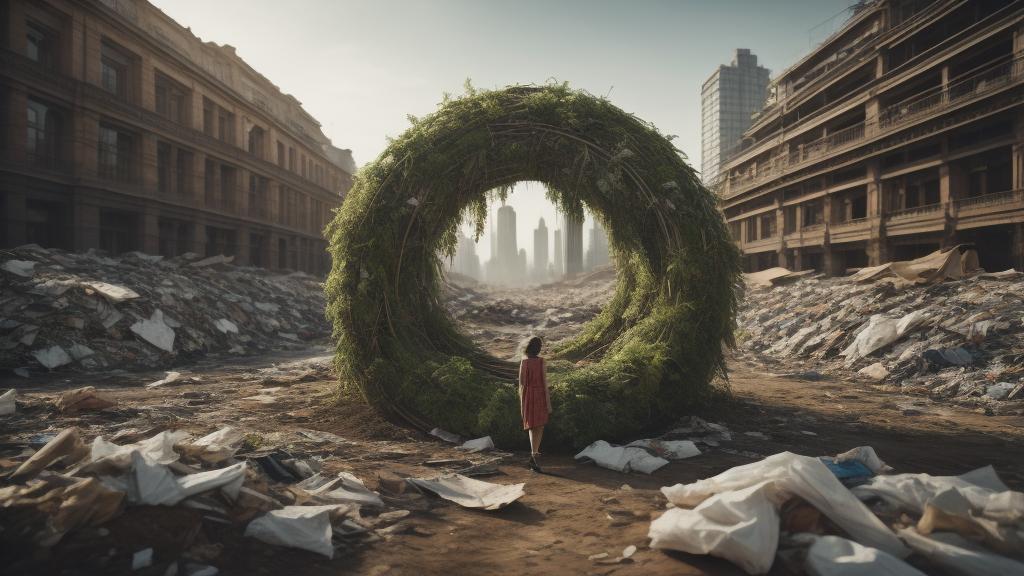As we head into the final months of 2023, the fashion world is abuzz with the latest in sustainable trends. From eco-friendly materials to zero-waste designs, the industry is making strides toward a more sustainable future. Major fashion houses are embracing these changes, with designers experimenting with organic cotton, recycled polyester, and even innovative fabrics like mushroom leather.
One significant trend is the rise of rental fashion. Instead of buying new outfits for every occasion, more people are opting to rent high-quality garments. Services like Rent the Runway are booming, offering consumers the latest designer clothes without the environmental impact of fast fashion.
Another exciting development is the push for transparency in the supply chain. Brands like Everlane and Reformation are leading the way, providing detailed information about their manufacturing processes and the origins of their materials. This transparency is building trust with consumers and pushing other brands to follow suit.
Innovative recycling methods are also making a splash. Companies are now turning old clothes into new garments, reducing waste and conserving resources. For example, Patagonia’s Worn Wear program allows customers to trade in their used items for store credit, which are then refurbished and resold.
Upcycling is another key trend. Designers are creatively repurposing old fabrics and garments to create something entirely new and unique. This not only reduces waste but also adds a personal, distinctive touch to fashion pieces. Vivienne Westwood and Stella McCartney are just a couple of designers leading the charge in this area.
The industry's move towards sustainable practices is also evident in fashion week presentations. Shows are becoming more low-key, with reduced travel and scaled-back productions to minimize the carbon footprint. Digital presentations are also gaining popularity, allowing designers to showcase their collections in an eco-friendly way.
The consumer mindset is shifting too. People are becoming more mindful of their fashion choices, prioritizing quality over quantity and favoring sustainable brands. Social media influencers play a vital role in this shift, often promoting eco-friendly fashion and encouraging their followers to make more sustainable choices.
Moreover, advancements in technology are playing a big part in the sustainability movement. From AI-generated designs that minimize fabric waste to 3D printing applications, the tech world is revolutionizing how we approach fashion production.
In conclusion, the fashion industry is evolving rapidly towards sustainability. As more people realize the environmental impact of their choices, the demand for eco-friendly options will continue to grow. The future of fashion lies in innovation, transparency, and a commitment to protecting our planet.
Sustainable fashion trends taking over 2023

